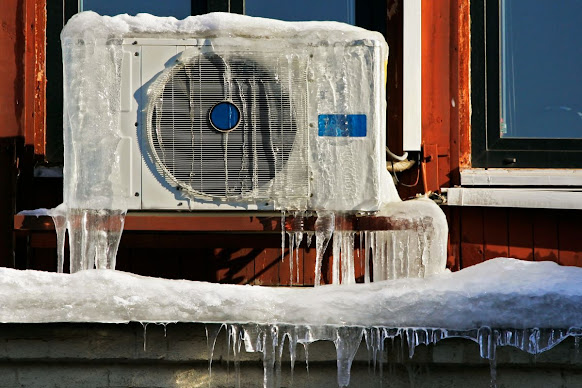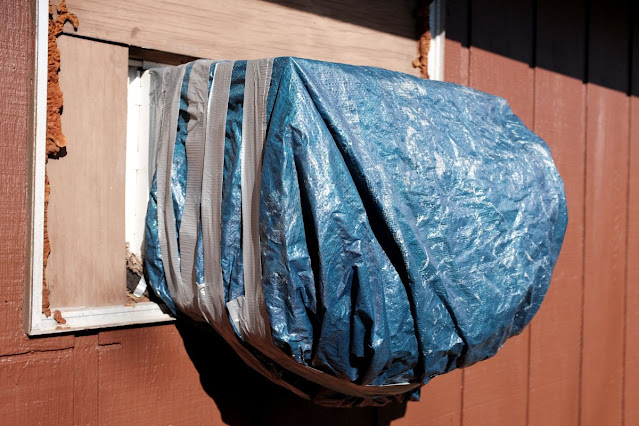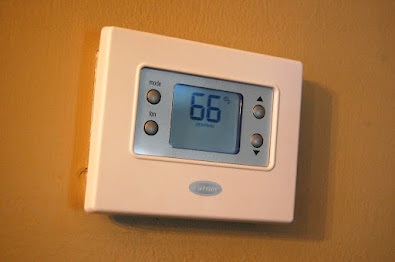How to prepare your HVAC for winter
HVAC systems are necessary for most homes to keep temperatures comfortable during the colder months. They are used to heat and cool rooms. It is a good idea to have them installed before winter starts. They help us to save energy and reduce our electric bills. They are also used to regulate the temperature of your home.
 |
| How to prepare your HVAC for winter |
The problem with using them is that they don't work well when the temperature is shallow. They are supposed to work when the temperature is below freezing point. You need to check on them often to ensure they are working correctly. When you don't have one, the temperature in your house will get dangerously high.
Holidays are a time to spend quality time with family and friends, but they can also be a time to prepare for the colder weather. One way to do this is by preparing your HVAC for winter. It will help keep you comfortable and safe during the cold months.
HVAC tips for winter
HVAC systems are necessary for most homes to keep temperatures comfortable during the colder months. To keep your home warm, here are some tips to help you get started.
 |
| HVAC tips for winter |
1. Check HVAC filters
Ensure that the air filter is clean and clear. If not, you may need to replace it. You should have at least two air filters installed in your home's heating system. Cleaning them helps keep the inside of your house comfortable.
2. Make sure vents are open
Keep your vents open around the house to allow the cold air out and hot air in. Close off any windows, doors, and blinds that block airflow.
3. Install a dehumidifier or humidifier
 |
| Install a dehumidifier or humidifier |
A dehumidifier or a humidifier will help reduce humidity levels and maintain the comfort level of your home throughout the winter months. A dehumidifier pulls moisture out of the air, while a humidifier adds water vapor back into the air. Both devices produce some noise, so consider installing them outside or in another area where they won't bother others.
4. Seal cracks and holes
You can seal small openings around your home's exterior using caulking or weather stripping. These small fixes will help to prevent warm air from escaping and cold air from ingoing.
5. Insulate crawl spaces
If your basement is uninsulated, it could lose heat. Consider adding insulation to the floor below grade. You can use loose fiberglass batts, foam boards, or even straw bales.
6. Add space heaters
Space heaters work great during the colder seasons. However, it would help if you didn't leave them running continuously without turning them off after a few hours. Use timers to turn them on and off according to your schedule.
7. Clean furnace coils
The coils inside your furnace work hard to get rid of airborne particles in order to provide clean air inside your home. Over time these coils tend to accumulate debris, especially in a dirty ductwork system. To ensure they're working properly, check the condition of your ductwork and remove any buildup. Then run a vacuum cleaner along the length of the coil to dislodge any debris.
Does AC unit need to be covered in winter?
The answer is yes. When you think about what can happen to the HVAC system, it is a good idea to cover the system. This is to prevent things from getting wet. When it rains, and snow falls, there is no guarantee that the moisture will not get into the heating or cooling system. Moisture can make the system break down. The worst thing that can happen if you don't cover the system is that it will freeze.
 |
| Air conditioner cover |
Freezing temperatures can also damage the system. If your air conditioner gets too cold, you could pay a higher energy bill to heat the home. The system needs to be covered because it will prevent the water from getting in. It will also protect the equipment from extreme cold.
In conclusion, it is vital to have a plan for winter. This plan should include your HVAC system, and you should also be aware of the proper ways to prepare your home for winter. Be creative and come up with ideas for ways to improve your comfort this winter.



Comments
Post a Comment